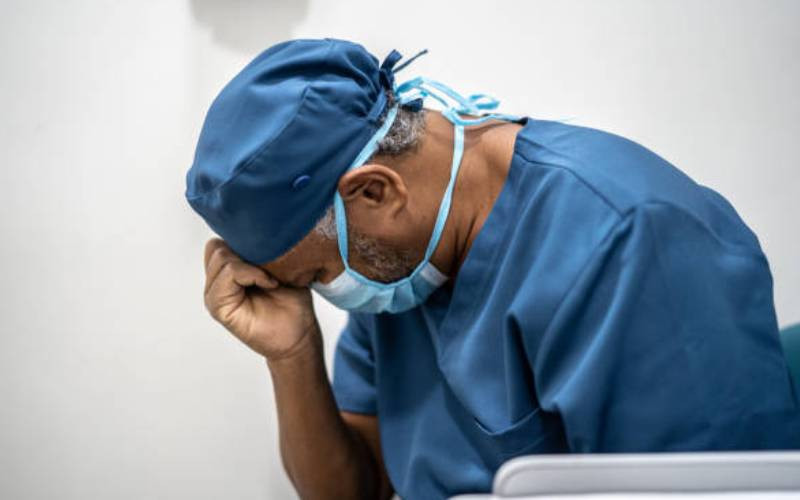×
The Standard e-Paper
Stay Informed, Even Offline

“Shock, confusion, and disbelief” is how Dr Michael, a young medical trainee doctor, describes losing his first patient.
The loss left the 24-year-old fourth-year student in a local medical school, speechless, helpless, feeling guilt and not knowing how to break the bad news to the mother of the baby.